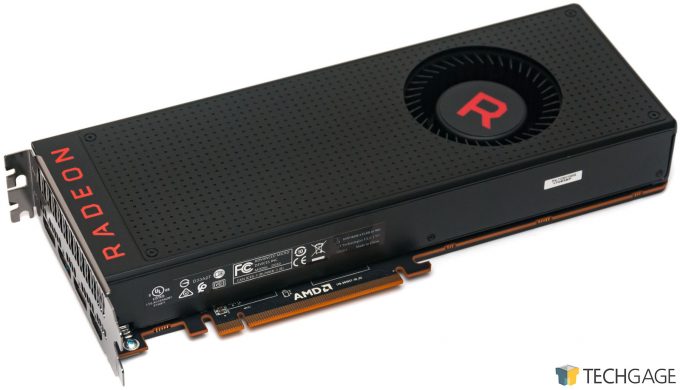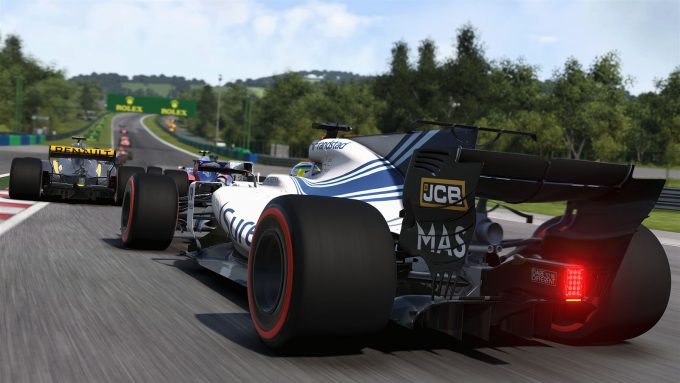- Qualcomm Launches Snapdragon 4 Gen 2 Mobile Platform
- AMD Launches Ryzen PRO 7000 Series Mobile & Desktop Platform
- Intel Launches Sleek Single-Slot Arc Pro A60 Workstation Graphics Card
- NVIDIA Announces Latest Ada Lovelace Additions: GeForce RTX 4060 Ti & RTX 4060
- Maxon Redshift With AMD Radeon GPU Rendering Support Now Available
AMD To Deliver On Its Promise Of An Open Sourced Vulkan Linux Driver Very Soon
If I had to guess, I’d say AMD really didn’t want to begin yet another year with its open source Vulkan driver still in hiding, so here we are: it’s finally happening. As Phoronix notes, AMD promised the world over two years ago that it would open source its Vulkan driver for Linux, but few probably realized it’d actually take quite this long to see the day. We can be thankful that this driver didn’t just wind up like some Half-Life episode.
Currently, AMD is preparing the source for distribution, and it’s expected to go live over the next couple of days. The company apparently uses a customized version of the LLVM compiler to process the code, but it seems likely that either that will be provided as well, or the code will be adjusted to better complement the standard configuration.
The open sourcing of this driver is important for those who wish to have as free an OS as possible, with every bit of software used requiring sources to be made available for developer scrutiny. If you only have the base driver ‘AMDGPU’ installed, and not the proprietary AMDGPU-PRO extension, AMD’s driver is entirely open source. Shortly, that won’t change once the Vulkan component is added.
A couple of important things to note is that this open sourcing doesn’t affect non-Linux OSes. AMD deliberately stripped out code relevant to other OSes from this driver, which isn’t unexpected. And, in case it’s not obvious, this is specifically for Vulkan; other API components are still closed source. This move ultimately means that if you have a Vulkan game to play on Linux, you could play it at full performance using entirely open-source drivers. That’s pretty freaking sweet.
Speaking of open source AMD Vulkan drivers, much attention has turned to the RADV development team in light of this news. Back when AMD couldn’t deliver an open sourced Vulkan driver, RADV came to fruition to fill the void. Because the official open source driver has arrived more than two years after RADV came to be, that unofficial project is very mature. Thus, it’d be sad to see it go away, but fortunately, it’s not. It could be that future RADV releases will include optimizations or perhaps new features that AMD hasn’t implemented. Others might prefer to keep using it simply because it’s already available in so many repositories. Maybe 2018 will bring more twists and turns related to this; it’s hard to predict. In the end, consumers ultimately win, but it’d be nice to see the development efforts from the RADV team continue to be utilized.
Given this move, it’d be really nice to see more Vulkan content hit the market going forward. Until this year, Vulkan-powered games were far and few between, but things seem to be improving. Codemasters’ F1 2017 is available for Linux, and utilizes Vulkan, and powerhouses Ark: Survival Evolved and Star Citizen are expected to use Vulkan as well, though it’s not entirely clear when either of those builds will arrive. If only Wolfenstein II: The New Colossus was available for Linux, as it’s exclusively Vulkan-powered on Windows. Maybe someday…






